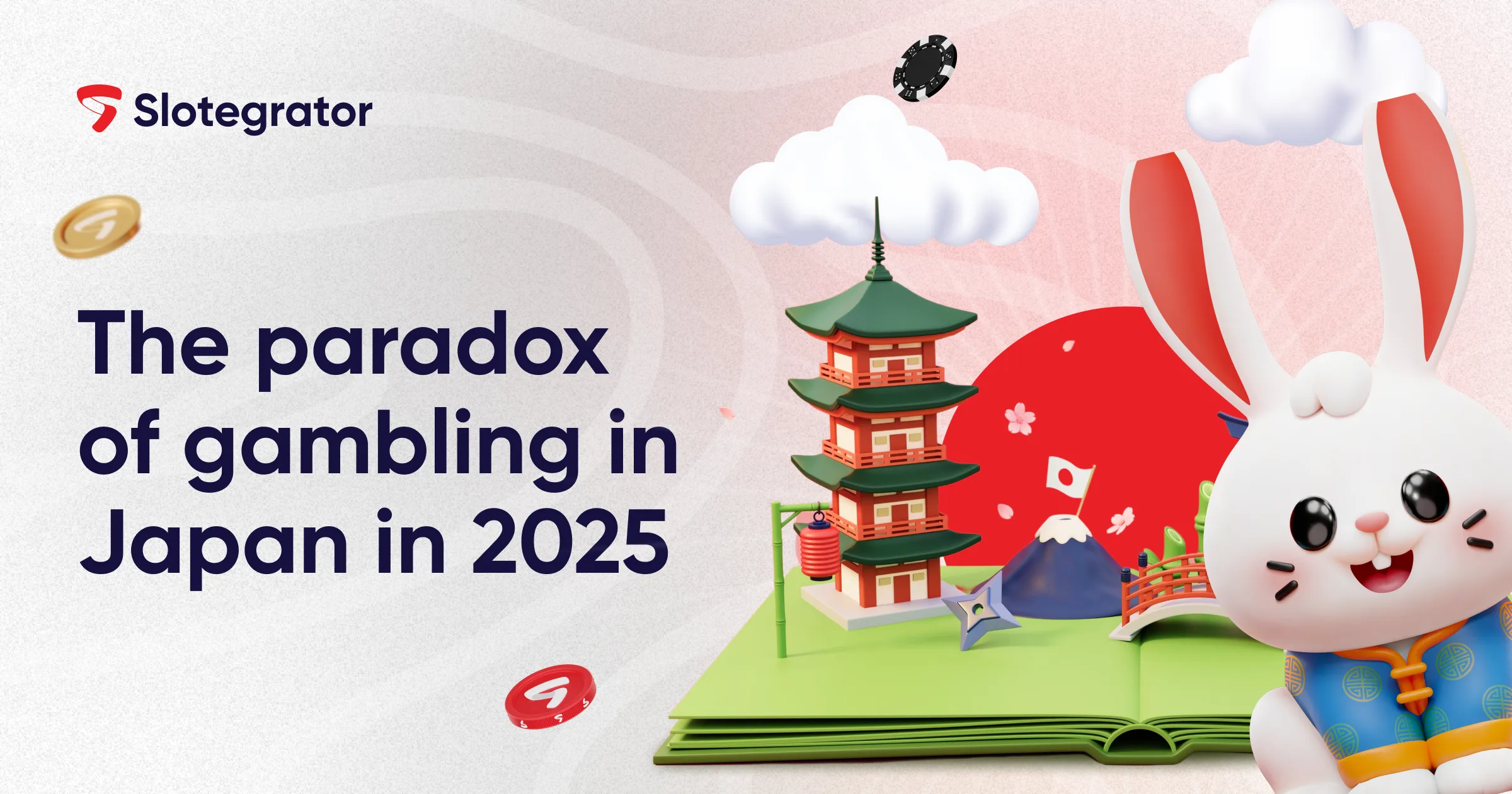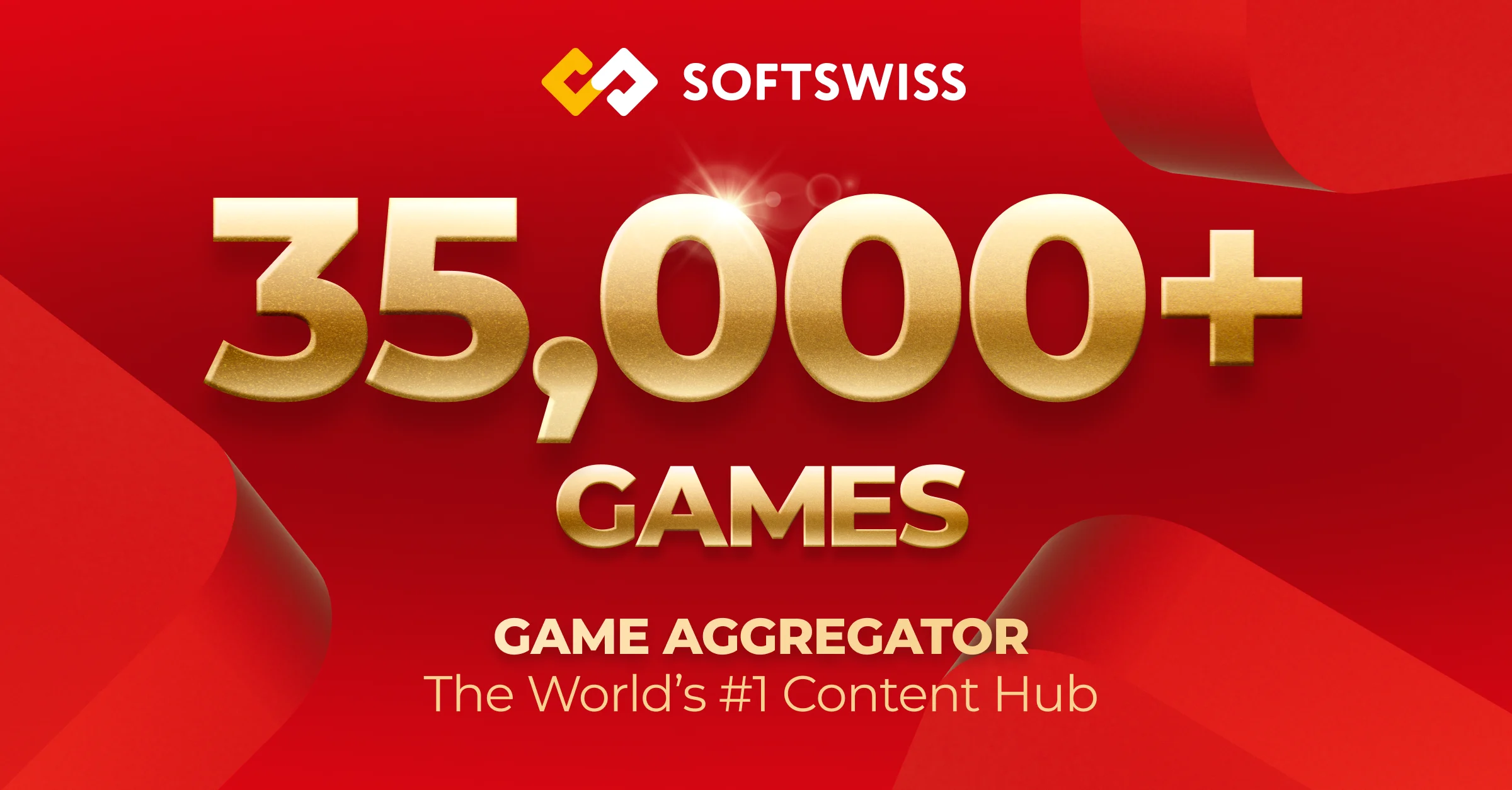Japan is one of the world’s most intriguing gambling markets — highly lucrative, but almost entirely restricted. In 2025, the government enacted new advertising bans and increased enforcement of anti-gambling laws, but players still flock to offshore platforms. What does that mean for the international industry?
Japan is home to nearly 125 million people, many of whom have a long-standing love for gaming, which persists despite the country’s strict regulations.
According to Japan’s Penal Code, all forms of gambling are prohibited except for certain state-regulated activities, including horse racing and pachinko.
No online or land-based casinos are currently legal. Yet, behind the scenes, Japanese players wager approximately ¥1.24 trillion annually on offshore platforms, often through affiliate channels.
In mid‑2025, Japan passed sweeping advertising restrictions targeting unlawful online gambling. Active from September 2025, the law will ban all forms of promotion (including social media) for offshore platforms targeting Japanese citizens. It also launched public awareness campaigns to underscore the illegality of unlicensed gambling in Japan.
Courts now treat both operators and players involved in unlicensed gambling harshly. Violators may face criminal penalties: organizers up to five years in prison, players up to three.
While online casino operations remain illegal domestically, the Japanese online gambling market (largely offshore) was valued at $8.1 billion in 2024, with projections that it would reach $12.9 billion by 2033, growing at a CAGR of 5.3%. Local sports betting and government lotteries further contribute to the broader legal market, which exceeded $24 billion in 2024 and is expected to nearly double by 2033.
What works in Japan’s iGaming industry? Japanese players expect the sensory richness of pachinko halls, filled with bright flashing lights and attention-grabbing bells and whistles, to carry over into online experiences. Successful platforms often incorporate manga-inspired characters and storyline elements to resonate with the local aesthetic.
Operators facing the Japanese market have their work cut out for them. While demand is strong on the players’ side, fully grasping cultural nuances takes significant amounts of research, and the country’s regulations present a significant barrier.
“Japan represents a paradox — a massive appetite for gaming, paired with strict legal boundaries. Regulatory oversight is rigorous, and violations are met with serious consequences. Risks are real. It is absolutely essential to comply with all requirements and approach the Japanese market with deep respect for how it operates,” says Ataur Rosul Abeer, Sales Supervisor at Slotegrator.
For verified, up-to-date insights, read the Academy’s article on gambling in Japan. It explains what makes Japan unique compared to other markets, offering an in-depth look at its game landscape, as well as the player engagement and acquisition methods, and more. Access it via the link.
ABOUT THE COMPANY
Since 2012, Slotegrator has been one of the iGaming industry’s leading software and business solution providers for online casino and sportsbook operators.
The company’s main focus is software development and support for online casino platforms, as well as the integration of game content and payment systems.
The company works with licensed game developers and offers a vast portfolio of casino content: slots, live casino games, poker, virtual sports, table games, lotteries, casual games, and data feeds for betting.
Slotegrator also provides consulting services in gambling license acquisition and business incorporation.











